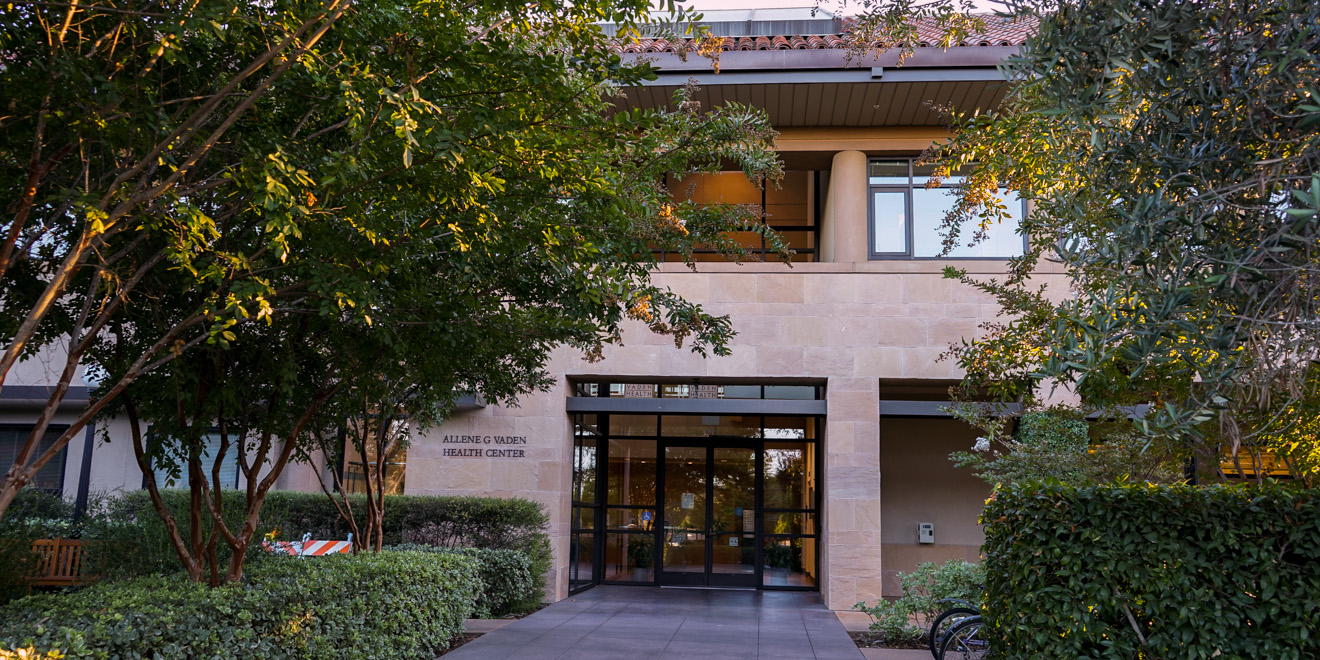Vaden Health Center has announced that it will be offering extended after-hours mental health and crisis support for Stanford students, effective immediately. CAPS (Counseling and Psychological Services) and CST (Confidential Support Team) have partnered with ProtoCall, a national provider of on-call behavioral health services, to implement after-hours emotional support and care for students. The plan to implement the extended after-hours began in late June.

Outside of CAPS and CST’s regular business hours, ProtoCall’s licensed counselors will provide immediate after-hours support to callers, and students who phone the service will be immediately connected with a licensed clinician on call. In addition, students will not experience any wait times to speak with a counselor, even if multiple people call simultaneously.
CAPS Director Ron Albucher and his colleagues at Vaden and CST hope to improve the state of mental health at Stanford by providing students with 24/7 support and care in collaboration with ProtoCall.
“Over the last few years, CAPS has been allocating more of [its] clinical resources for after-hours care issues, including support for the CST 24/7 hotline,” wrote Albucher and his colleagues in an email to The Daily. “Consequently, we have fewer therapists available during the day for usual operations. This in turn contributed to a longer wait time for students to get into treatment.By collaborating with ProtoCall, CAPS will free up staff from taking after-hours calls, which in turn will allow more daytime appointments and other activities, such as outreach.”
If needed, senior staff from CAPS and CST will be available for a follow-up phone call, in which ProtoCall will share call information with staffers so they can provide local resources to students and schedule in-person counseling appointments for the next business day.
“We believe it is essential for Stanford students to have access to high quality mental health care 24 hours, seven days a week,” they said. “With this goal in mind, our collaboration with ProtoCall will strengthen after-hours support for students in crisis while maximizing the capacity for CAPS and CST staff to support students during business hours on campus.”
The topic of mental health has gained a prominent position on Stanford’s campus. Students face a number of lifestyle changes when they enter college, such as living away from family and friends, changes in physical activity level, sleep patterns, and eating habits – all of which take a toll on their well-being, and can trigger mental health issues.
According to a 2014 Daily article by previous Editor-in-Chief Jana Persky ‘16 entitled “Trouble in Paradise: The state of mental health at Stanford,” it is not uncommon for each of the seven residence deans to have at least one of their students in the psychiatric ward of the Stanford hospital. Although mental health is a prevalent issue on campus, students find it difficult to talk about their struggles with their peers due to the unspoken stigma that surrounds the topic.
“It should be stated outright: Stanford students do struggle with mental health. They do struggle with depression. They do consider and attempt suicide. And they often don’t know where to turn,” Persky wrote.
Contact Evie Sun at eviesun123 ‘at’ gmail.com.
